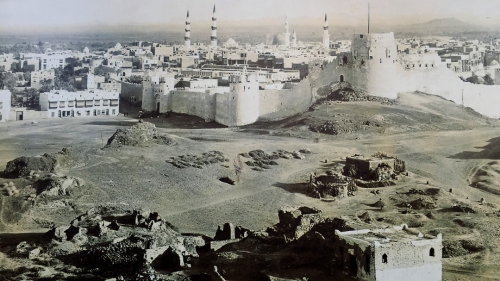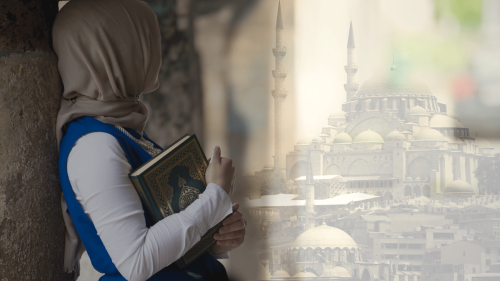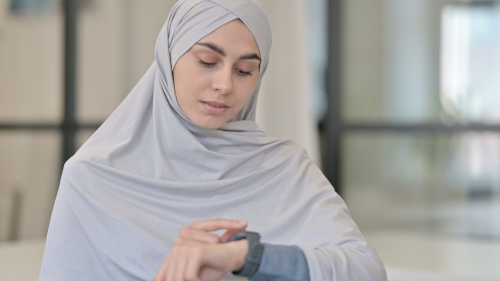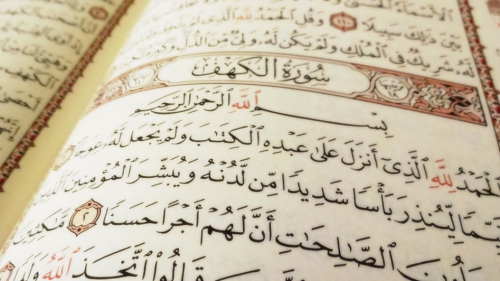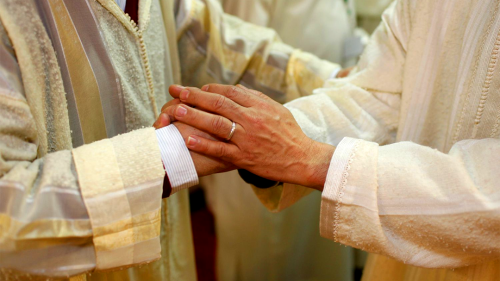How clean are you?

Cleanliness and Beautification are Characteristics of Islam. Following are several examples that Shaikh Yusuf Qaradawi gives from the life of the Prophet ﷺ in his book "The Lawful and the Prohibited in Islam."
Islam places considerable emphasis to the question of cleanliness, for cleanliness is the essence of good appearance and the beauty of every adornment.
It is reported that the Prophet ﷺ said: "Cleanse yourself, for Islam, is cleanliness." (Reported by Ibn Hayyan.)
"Cleanliness invites toward faith, and faith leads its possessor to the Garden." (Reported by al-Tabarani.)
The Prophet ﷺ placed a great emphasis on keeping the body, clothing, houses, and streets clean, and he laid special stress on cleaning the teeth, hands, and hair. This emphasis on cleanliness is a central principle in worship, salat, for the Muslim's salat is not acceptable unless his body, clothing, and the place where he performs his salat are all clean. In addition to this requirement, there are obligatory types of cleansing, either of the entire body in the form of ghusl (total washing) or of those parts of the body which are exposed to dirt, in the form of wudu (ablution for salat).
The desert environment of Arabia and the nomadic life of its people were not very conducive to cleanliness and refinement, and most of them neglected these aspects. The Prophet ﷺ, with his lively instruction and to-the-point admonition, gradually led them out of their uncouth habits and taught them refinement and civil manners.
Once a man approached the Prophet ﷺ with his hair and beard disheveled. The Prophet ﷺ made some gestures as if asking the man to comb his hair. He did so, and when he returned, the Prophet ﷺ said to him,
"Is not this better than that one should come with disheveled hair, looking like a devil?" (Reported by Malik in Al-Muwatta.)
On another occasion, the Prophet ﷺ saw a man with un-kept hair and remarked, "Does he have nothing with which to comb his hair?" (Reported by Abu Daoud.)
Upon seeing another man with dirty clothes, he remarked, "Cannot he find anything with which to wash his clothes?" (Reported by Abu Daoud.)
A man came to the Prophet ﷺ wearing cheap-looking garments. "Do you have property?" the Prophetﷺ asked him. "Yes," the man replied. "What kind of property?" asked the Prophet ﷺ. "Allah has given me all kinds of wealth," he said. The Prophet ﷺ then said to him, "Since Allah has given you wealth, let Him see the effects of His favor and bounty upon you.'' (Reported by al-Nisai.)
The Prophet insisted that people come to general gatherings, such as the Friday and the 'Eid prayers, nicely dressed and well-groomed. He said, "If you can afford it, it is befitting that you wear garments other than your working clothes to Friday prayer." (Reported by Abu Daoud.)
Adapted from the book "The Lawful and the Prohibited in Islam" By Yusuf Al Qardawi








